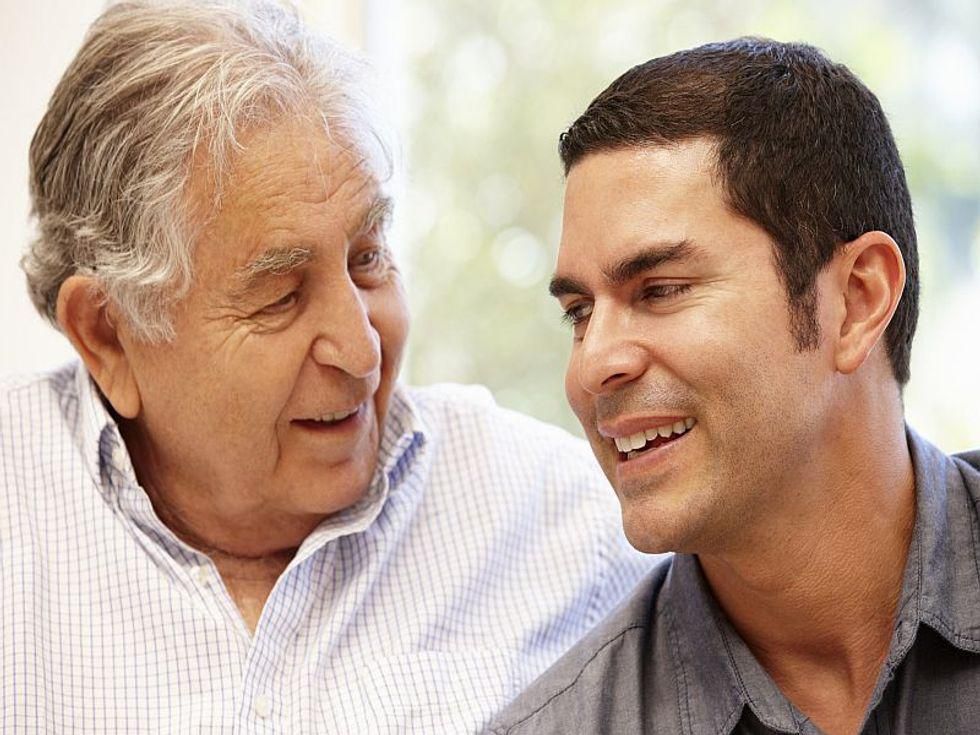SUNDAY, June 20, 2021 (HealthDay News) — Men tend to put their health care last, but Penn State Health offers some tips this Father’s Day for ensuring guys stay healthy in the future.
“Men tend to take care of their cars more frequently than they do themselves. But when men wait to see the doctor once their ‘check engine’ light comes on, they suffer major health problems that could’ve been prevented,” said Dr. Eldra Daniels. He is a family medicine and primary care sports medicine physician at Penn State Health Medical Group — Mount Joy and Penn State Health Lime Spring Outpatient Center.
Some of those major preventable health problems include heart attack and stroke.
“The damage from a stroke can leave you with an inability to walk, talk or perform previously enjoyable activities,” Daniels said in a Penn State news release. “Approximately 80% of strokes are preventable by making healthy lifestyle changes and seeing a health care specialist who can screen for diseases that cause strokes.”
Penn State Health’s top tip: Get a physical exam. Men aged 30 to 50 should get a physical every two to three years, while men 50 and older should have an annual physical. All health insurers cover these wellness exams, which will help men know their body weight, blood pressure, cholesterol levels and blood sugar levels.
Men can also ask their doctors about screenings, including colonoscopy. The U.S. Preventive Services Task Force now recommends that men get colonoscopies starting at age 45.
Another tip: Stop smoking. Tobacco use is linked to higher risks for heart attack, chronic obstructive pulmonary disease (COPD) and lung cancer. Men aged 50 to 80 who currently smoke or have quit within the past 15 years may benefit from a lung cancer screening, performed with a low-dose CT scan.
“If your father smokes, talking to him on Father’s Day about quitting smoking would be a wonderful gift,” Daniels said.
He also recommends that men get active, starting with an enjoyable activity — such as biking, walking or running — and gradually working up to longer distances. “Regular exercise can reduce your risk for cancer, diabetes, heart disease and multiple other diseases,” Daniels noted.
Daniels offered some additional suggestions on how to talk with your dad, or another loved one, reluctant to get preventive care. Start by asking, “How are you feeling health-wise?” Then continue the conversation from there.
“I think the biggest gift we as doctors give our patients is the gift of time,” Daniels said. “Being able to give fathers more time to spend with their family is the most important thing we can offer.”
More information
The U.S. National Library of Medicine has more about men’s health.
SOURCE: Penn State Health, news release, June 16, 2021
Copyright © 2024 HealthDay. All rights reserved.

